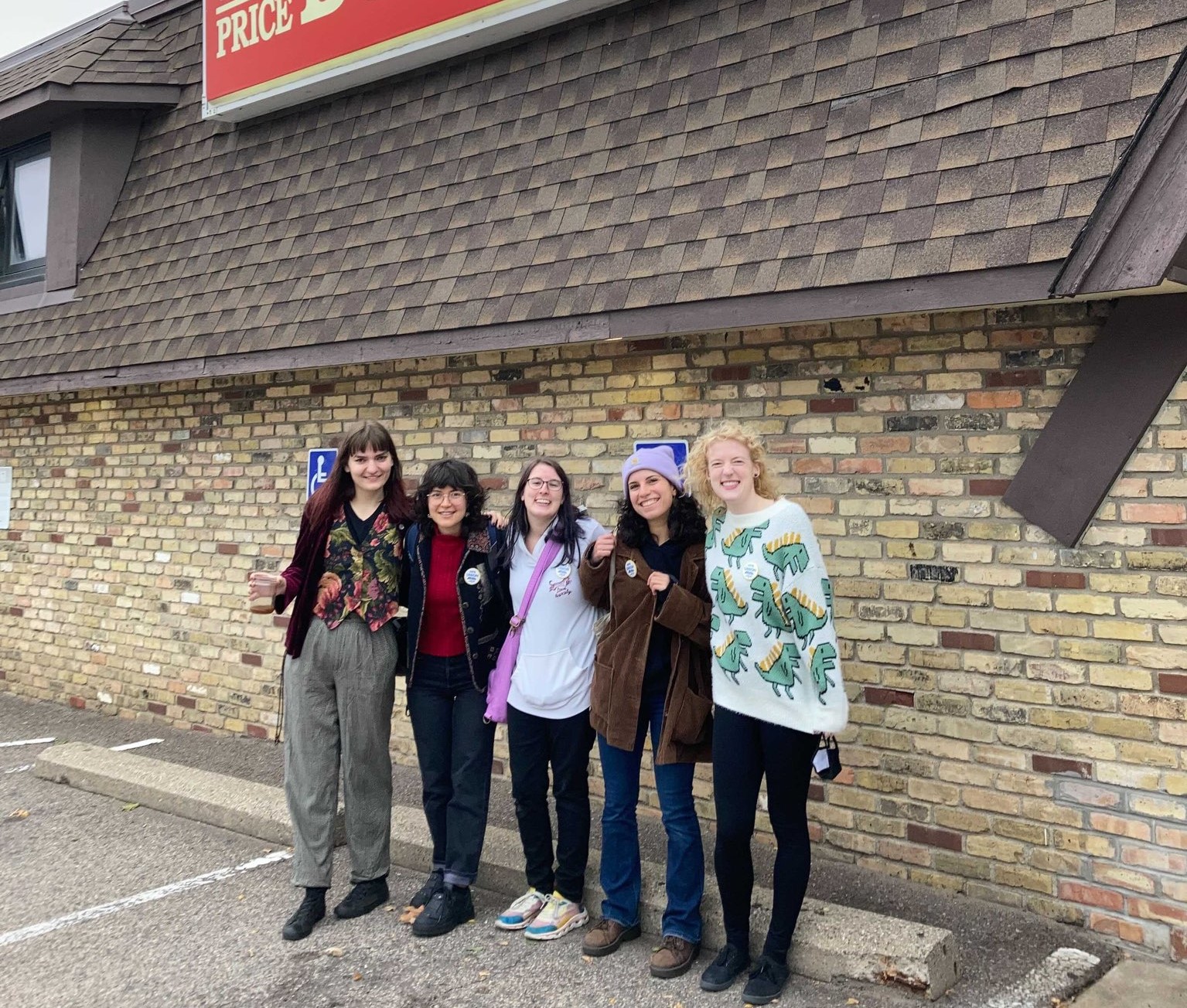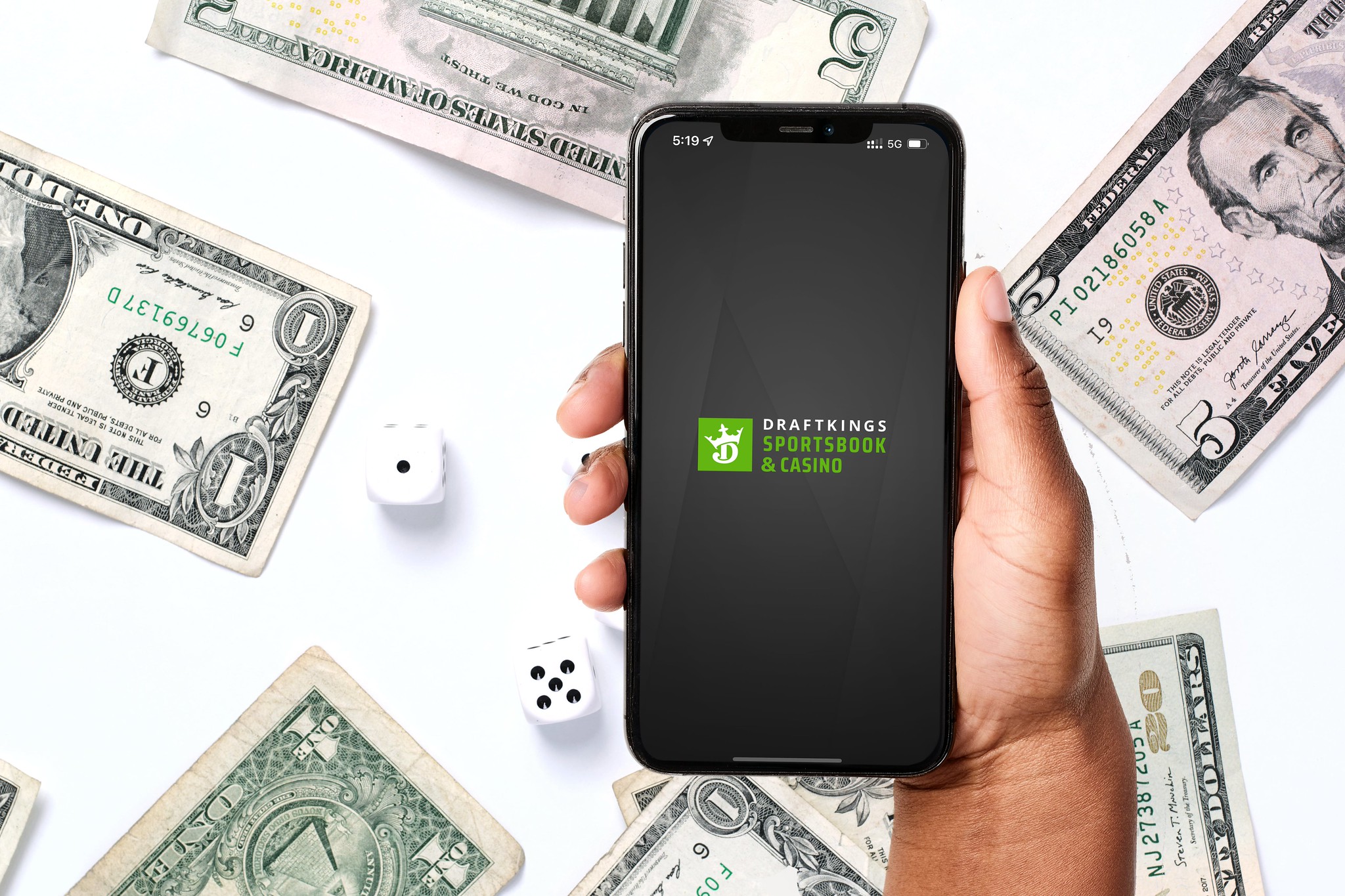David Gutsche wasn’t sure if his plan was practical, let alone legal.
For the past five years, Gutsche and his co-workers at Roseville’s Half Price Books have murmured and grumbled in private; the word “union” started getting floated more and more often.
“After a while, I realized, I’m going to actually ask somebody who works at a union,” Gutsche says, “and say, ‘Hey, what if a retail establishment did have pretty good retention, and loyal employees who really did like their jobs and want to fight and make it better... is it possible to organize one or two stores out of a big corporation, is that even legal?’”
United Food and Commercial Workers Local 1189, which represents 10,000 members throughout the Midwest, answered resoundingly in the affirmative.
“In fact, they told us it’s encouraged,” Gutsche says with a chuckle.
Around 30 workers from HPB’s Roseville and St. Paul shops met with UFCW reps at George Floyd Square this past May Day, an apropos date if there ever was one. An organizing committee was formed, and the workers “slowly built power in secret,” Gutsche says.
Last Thursday, workers let that secret out: More than 75% of the employees at each store had signed union cards.
The easy next step—voluntary owner recognition—was quickly snuffed out. “‘I cannot and will not support a union’ is exactly what we heard from our store manager, which was not a huge surprise,” Gutsche says. The next, more laborious route is an election overseen by the National Labor Relations Board. One will be held in the coming weeks, and should the yeas outweigh the nays, Roseville and St. Paul will be the first union shops among HPB’s 120+ locations.
“It’s unfortunate for Half Price Books that they don’t see this as an opportunity,” says Claire Van den Berghe, UFCW 1189’s director of organizing. “This could be a great way to distinguish themselves from that shadowy competition of theirs, Amazon.com.”
HPB, the country’s third largest bookstore retailer, did not respond to Racket’s request for comment.
Gutsche, on the other hand, was eager to talk about why he spearheaded the first-ever union effort inside HPB. He’s loved his job for nine years, but low wages make it difficult to view as a long-term career option. Some 20-year HPB veterans are still making $16 an hour, Gutsche says. “Upsetting, confusing, and frustrating” behavior from the company during COVID-19, including layoffs that “lacked transparency,” amplified worker grievances, he adds.
“The general idea of workers having a seat at the table to appeal and improve our working conditions,” Gutsche says, summarizing his desire to unionize. “To at least have a dialogue, in the negotiation of a contract, is going to be huge for worker power at Half Price Books”
The push for a HPB union comes amid #StrikeTober, the term online labor proponents are using for the worker uprising seen across the country this fall. Almost 100,000 workers—spanning industries that include John Deere, Kellogg's, Hollywood, and health care—are all striking or preparing to strike. "There is a new, militant spirit in the American workforce," notes Good Morning America—a true benchmark for how mainstream the movement has become. Battered for decades, labor is finally showing some teeth, including within the Twin Cities beverage industry.
America on strike? 10,000 John Deere employees walk off the job amid contract dispute. @TerryMoran reports. https://t.co/0l9m4dPi0d pic.twitter.com/wPKNWrSYrT
— Good Morning America (@GMA) October 14, 2021
Gutsche keeps close tabs on his industry, noting a recent rise of union activity among booksellers. HPB operates in 19 states, and he hopes workers across the country take notice of what’s happening in the Twin Cities.
“We really hope this lights the fire in other states with Half Price Books,” Gutsche. “And that it becomes a nationwide knock on the door of: ‘Hey, have you ever raised your expectations a little bit and realized that you could be asking for more and that you deserve more?’”






